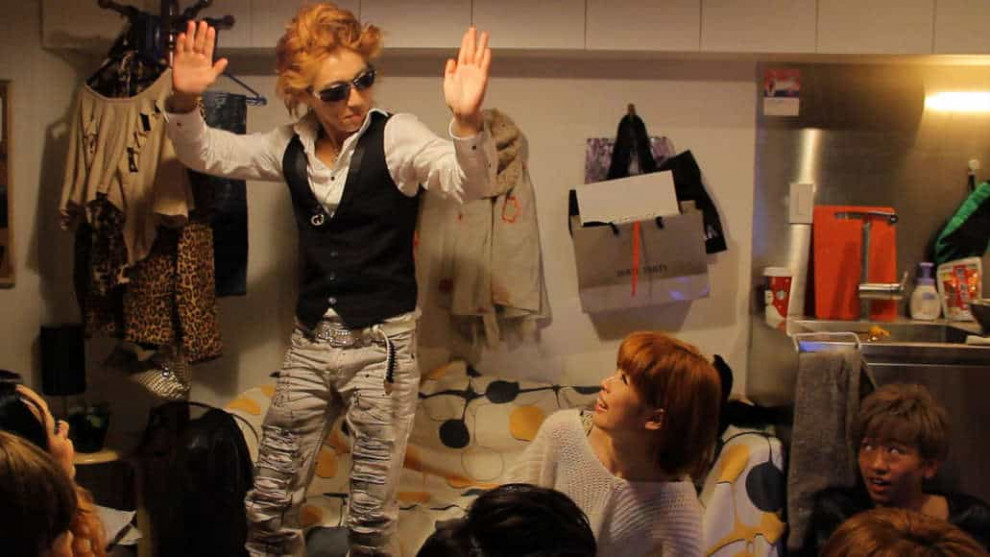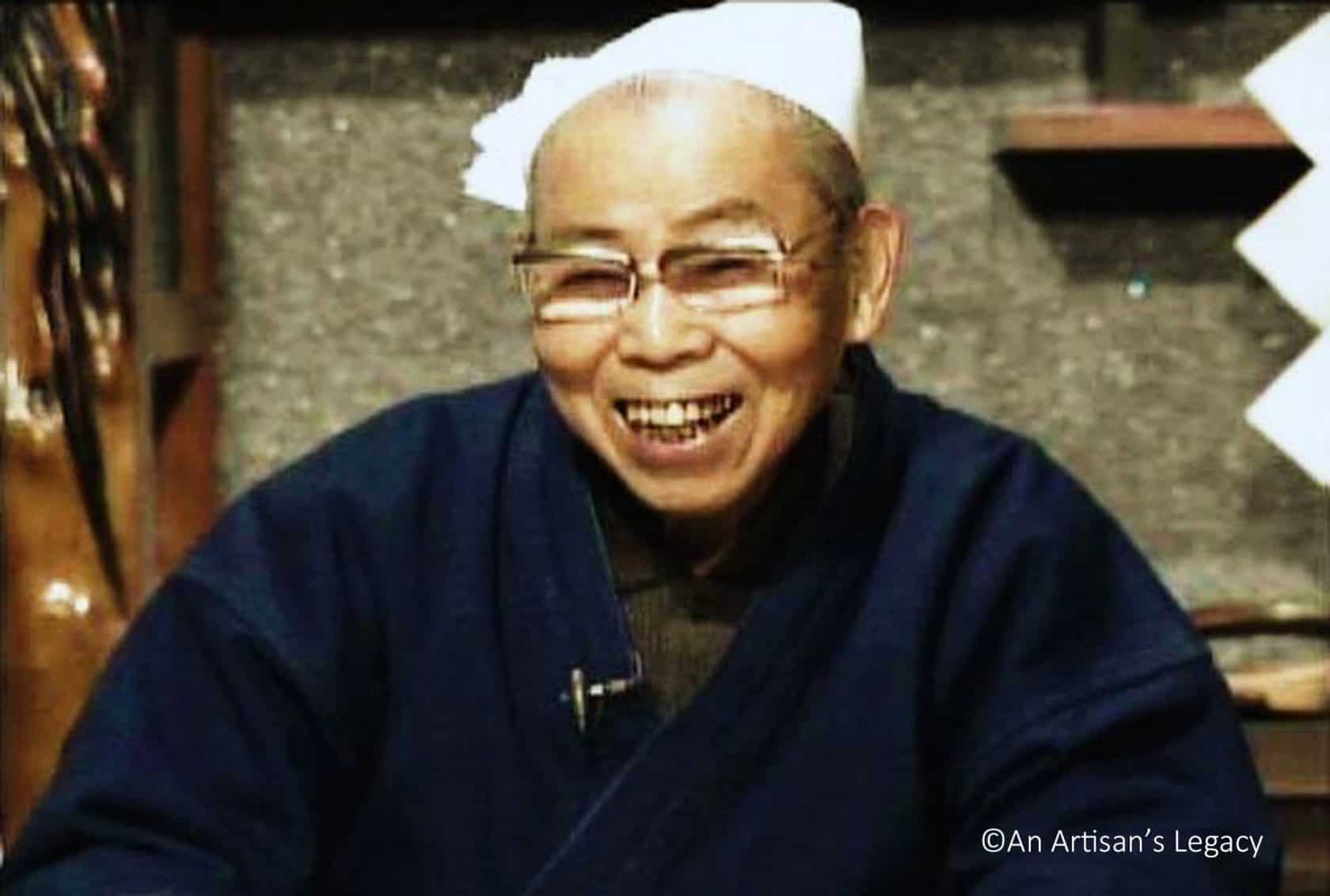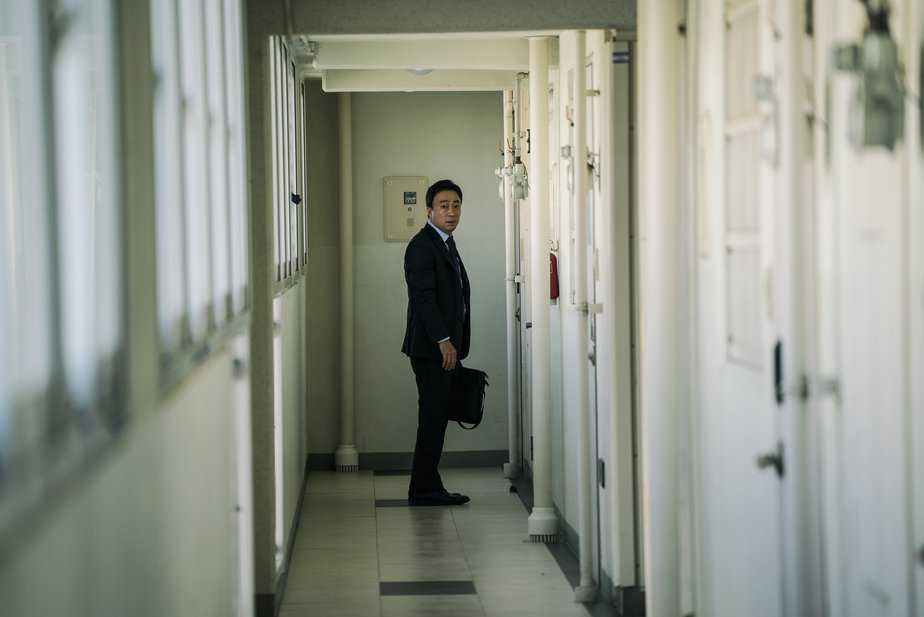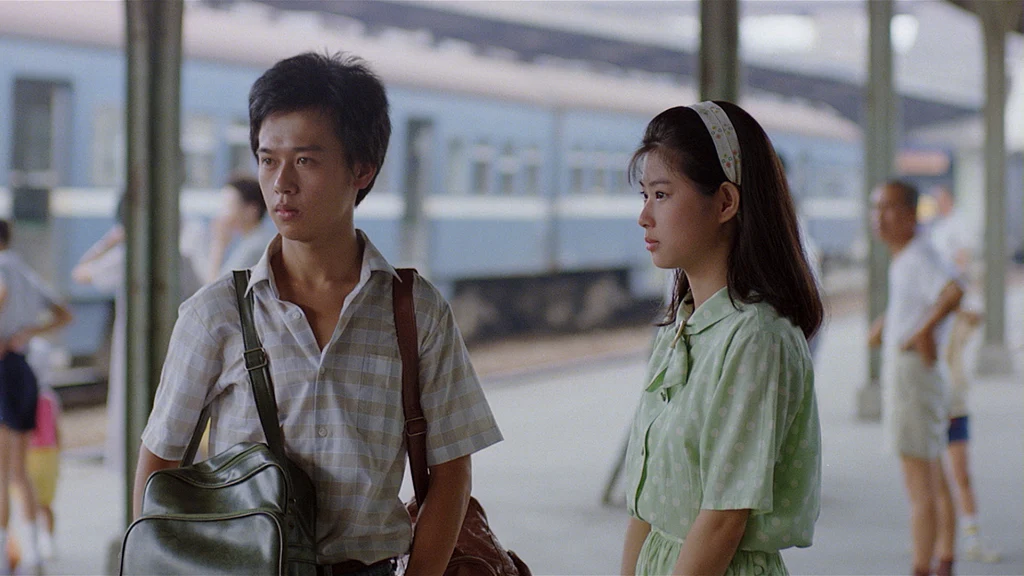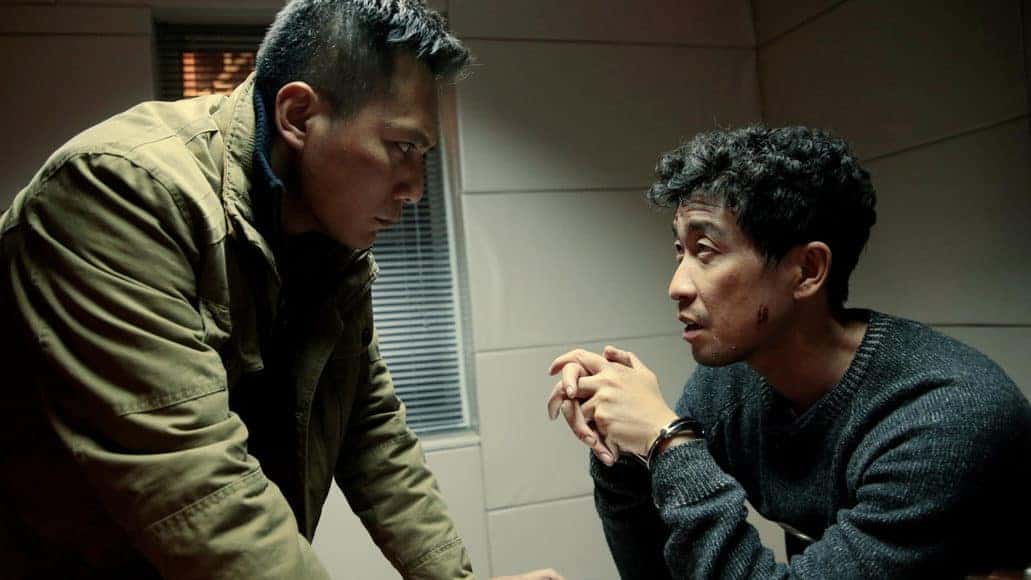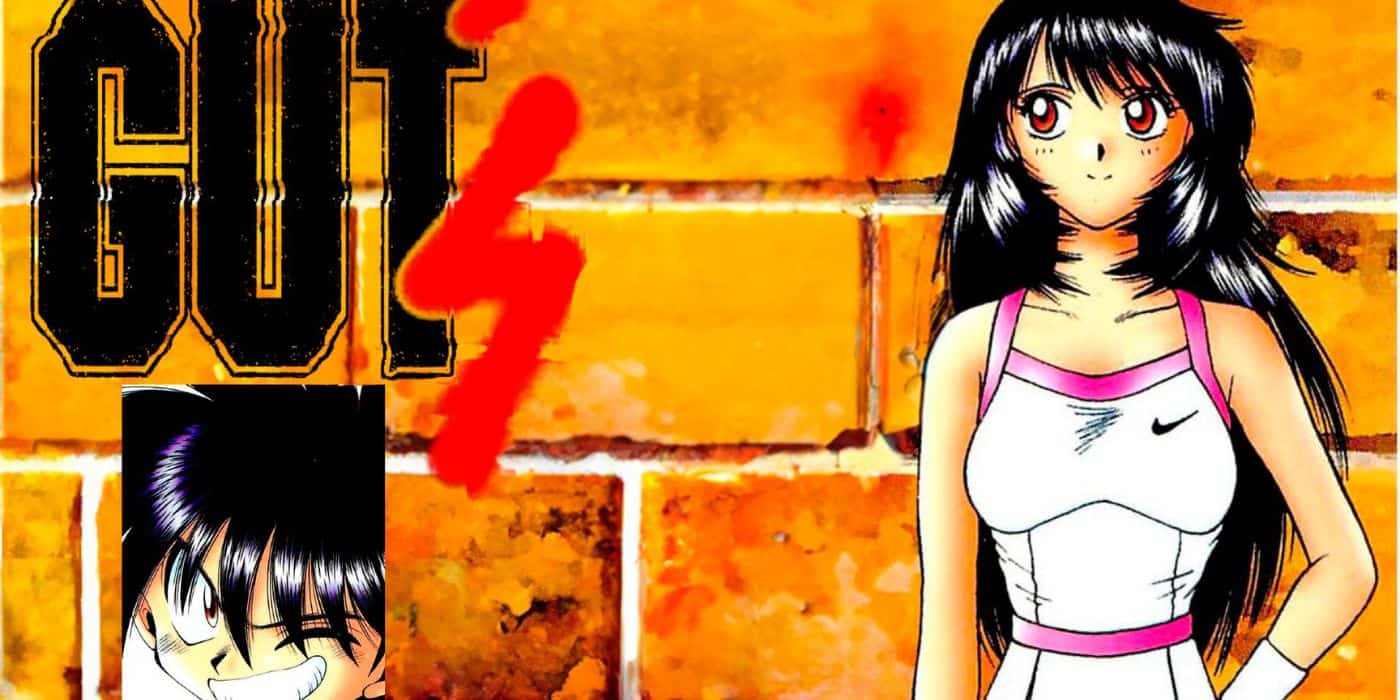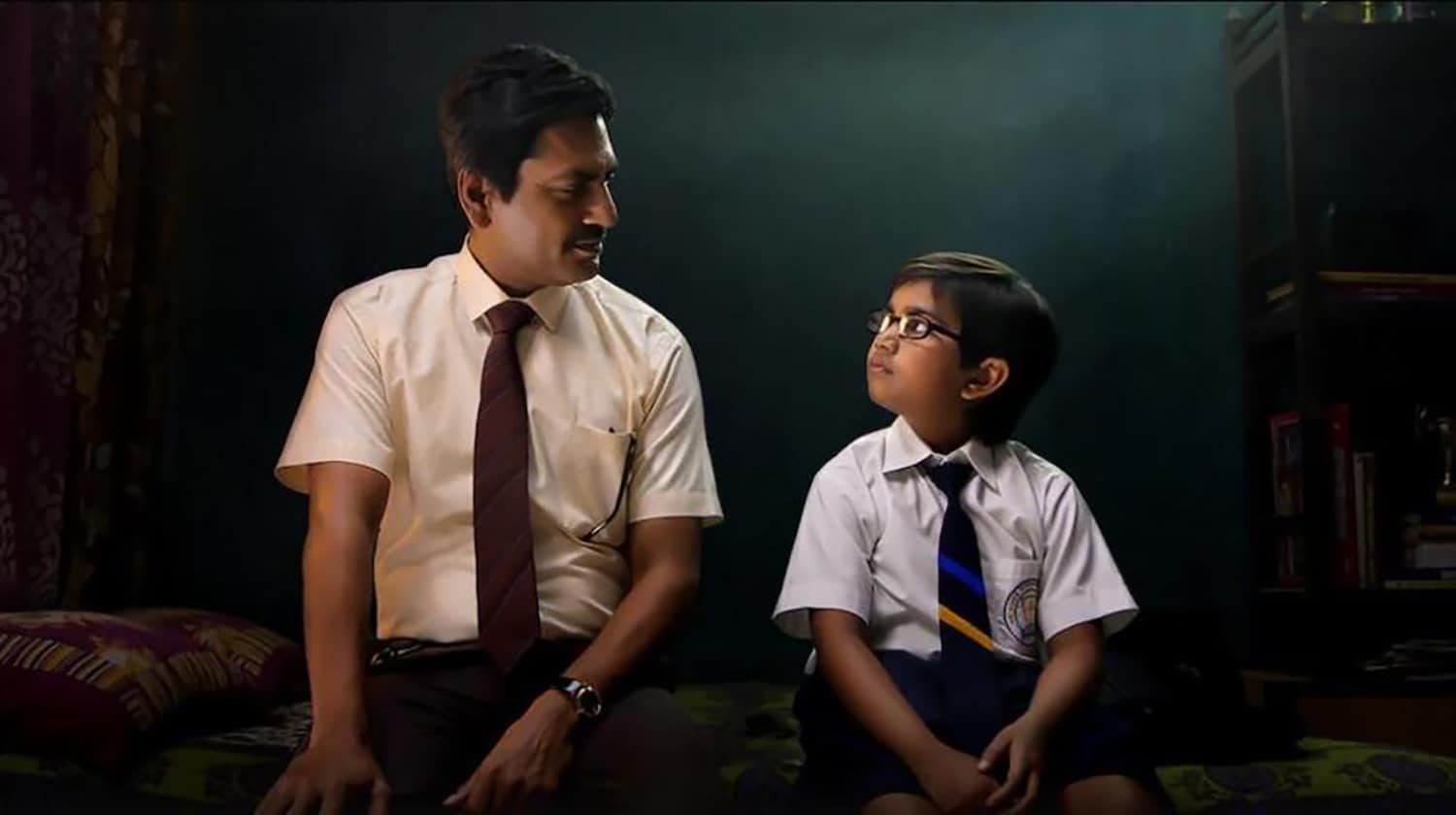In a whole other style then his usual, manga adaptation style (“Moteki”, “Bakuman” etc), Hitoshi One directs a film that was shot in a few days with a very small budget, based on the homonymous novel and play by Daisuke Miura. The story revolves around a number of individuals of the on-kyun (DQN) tribe, youths in their 20s, with dead-end part-time jobs and makeshift love lives, who live in tiny apartments and seem to have no purpose in life.
Buy This Title
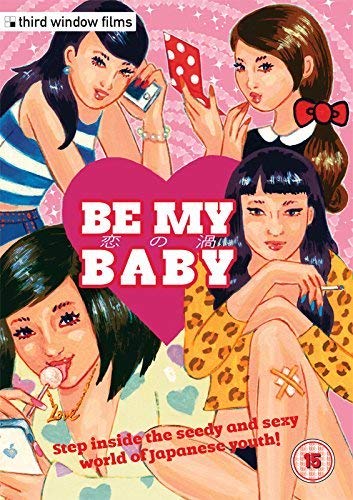
The story unfolds at a house part where the hosts are Kouji and Tomoko, and the ones invited are Yuuta, Kouji's best friend; Naoki, Yuuta's brother and his girlfriend, Satomi; Takashi, a kind of annoying young man who lives with Yuuta; Kaori, Tomoko's friend whom Takashi is crazy about; Yuuko, another of Tomoko's friends who is actually set up with another of the boys' friends, Osamu, although the guys think that she is very ugly and feel sorry for their friend. The film then shows the stories of the 9 individuals in a period of two weeks, through what is happening in their apartments.
Hitoshi One directs a film that functions much like a stage play, as it is split in acts that move the time forward, with each one taking place in a single apartment where the characters interact. The beginning of each interval is indicated by presenting the time in a black screen, in silent movie style, accompanied by the intro of “Be My Baby” by the Ronettes, in a delightful “trick.”

The movie paints the DQN tribe with the darkest of colors, as superficial creatures that only care about their appearance, are eager to lie, cheat and to slam the ones they dislike, and unable to function within society and even form substantial relationships, either of friendship or romantic ones. In this setting, almost none of the characters are even remotely decent, with the only pebbles of kindness deriving from women who are too weak or too desperate to act otherwise. The revealing of this truth comes immediately for some characters and gradually for others, in one of the film's greatest traits, as the truth of the characters' relationships is quite shocking to witness, and the finale providing the biggest of all.
In this concept of the almost constantly changing settings, the editing was bound to play a significant part in the way the film functions. Yasuyuki Ozaki along with One did a really great job in that aspect, switching the scenes with an elaborateness that induces the movie with a sense of movement, despite the almost complete lack of it.
The acting is also one of the film's better assets, as the production is based heavily on this element. Most of the men are portrayed as real awful individuals, and Kenta Kiikura as Kouji, Yuki Ueda as Naoki, Takumi Matsuzawa as Yuuta and Kenta Tsumuraya as Osamu do a great job of presenting this nature, either in their interactions among them or with the girls. Naoko Wakai as Tomoko, Yumi Goto as Yuuko and Aya Kunitake as Satomi, highlight the vulnerability aspect I mentioned before, while Chihiro Shibata as Kaori plays the apple of discord/femme fatale role to perfection.
“Be My Baby,” is a great film that highlights a whole “tribe” with a dark pessimism and a very entertaining spectacle in stage play style.


